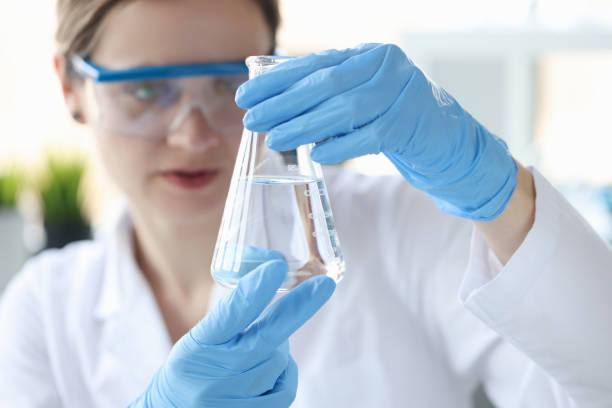Is it safe to drink distilled water? Benefits, drawbacks, and more
Introduction
The safety of drinking distilled water has long been a topic of discussion in the health and wellness community. Many people question whether it is suitable for regular consumption or if it is more suited for other purposes. At Samz Tech, we recognize the importance of providing accurate information on such matters. Let us take a closer look at the details surrounding distilled water, its potential benefits, and drawbacks, as well as its various applications.
Understanding Distilled Water
It is a purified form of water created through the process of distillation. This process involves boiling water and then condensing the steam, leaving behind impurities, minerals, and contaminants. The result is pure water, devoid of most impurities that may be present in ordinary tap water.
Applications of Distilled Water
1. Medical Uses:
It is utilized in various medical applications primarily due to its purity. It is commonly employed in medical devices like dental equipment and humidifiers, as well as for cleaning wounds. Its sterile nature makes it an invaluable resource in healthcare settings where maintaining a sterile environment is of utmost importance.
2. Laboratory Applications:
In laboratory settings, the use of dist. water is essential for conducting experiments that require precise and controlled conditions. Its purity ensures that the water does not interfere with the chemical reactions being studied, thereby yielding more accurate results.
3. Automotive Sector:
Moreover, the automotive industry relies on dist. water in the cooling systems of vehicles, as it prevents mineral buildup and corrosion, thereby enhancing the overall performance and longevity of the engine.
Potential Drawbacks of Consuming Distilled Water
While distilled water is generally considered safe for consumption, it is crucial to be aware of potential drawbacks that may arise from its regular intake.
a) Mineral Deficiency:
One of the primary concerns associated with drinking dist. water is the potential loss of essential minerals, such as calcium and magnesium, as it lacks the minerals present in regular drinking water. Prolonged consumption of exclusively distilled water may result in a mineral imbalance in the body.
b) Altered Taste:
Some individuals may find the taste of dist. water to be bland or unappealing due to the absence of minerals, which contribute to the characteristic taste of water. This could potentially lead to a decreased desire to drink water, ultimately contributing to dehydration.
c) Detoxification Claims:
Advocates of distl. water argue that it aids in detoxifying the body due to its lack of impurities and contaminants. However, there is insufficient scientific evidence to substantiate this claim, and excessive detoxification through the consumption of distilled water may disrupt the body’s natural balance.
Conclusion
To conclude, while distilled water serves various purposes across different fields, its regular consumption should be approached with caution. While it may have its benefits in specific contexts, it is essential to ensure a balanced intake of water that includes essential minerals for overall well-being. As with any dietary or lifestyle choice, consulting a healthcare professional is advisable to determine the appropriateness of consuming distilled water based on individual health requirements and considerations.
For more Click








